In a world that’s increasingly digital, Bitcoin has emerged as a revolutionary force. But what is Bitcoin, and how does it work? In this article, we will delve deep into the world of Bitcoin, providing you with a clear understanding of its workings and the essential knowledge you need to become a savvy Bitcoin user. Let’s embark on this exciting journey into the realm of cryptocurrency.
What is Bitcoin?

Bitcoin, often abbreviated as BTC, is a decentralized digital currency that exists purely in electronic form. Created in 2009 by an anonymous individual or group using the pseudonym Satoshi Nakamoto, Bitcoin was introduced as an open-source software that enabled peer-to-peer transactions without the need for intermediaries like banks. Since then, it has grown to become the most well-known and widely used cryptocurrency globally.
The Birth of Bitcoin: A Mystery Unveiled
The true identity of Satoshi Nakamoto remains one of the most significant mysteries in the tech world. Nakamoto’s whitepaper, titled “Bitcoin: A Peer-to-Peer Electronic Cash System,” laid the foundation for this revolutionary digital currency. The paper outlined the principles of a trustless and decentralized financial system, captivating the interest of early adopters.
Understanding Blockchain Technology

The Building Blocks of Bitcoin
At the core of Bitcoin’s innovation is blockchain technology. A blockchain is a distributed ledger that records all transactions across a network of computers. Each set of transactions, known as a block, is linked to the previous one, forming a chain of blocks. This decentralized and tamper-resistant ledger is the backbone of Bitcoin’s security and transparency.
Decentralization and Security
Bitcoin operates on a decentralized network of nodes, each of which has a copy of the entire blockchain. This decentralization makes it extremely difficult for any single entity to control or manipulate the network. The security of Bitcoin comes from the consensus mechanism known as Proof of Work (PoW), where miners compete to solve complex mathematical puzzles to validate transactions.
Mining: The Backbone of Bitcoin
Mining is the process by which new Bitcoins are created and transactions are added to the blockchain. Miners use specialized hardware to perform the computationally intensive task of verifying transactions and securing the network. In return for their efforts, miners are rewarded with newly minted Bitcoins and transaction fees.
Bitcoin Transactions: How They Work

- Public and Private Keys: To send or receive Bitcoin, users need a pair of cryptographic keys: a public key and a private key. The public key serves as an address where others can send Bitcoin, while the private key is a secret code that allows the owner to access and control their Bitcoin holdings. It’s crucial to keep the private key secure to prevent unauthorized access.
- The Role of Wallets: Bitcoin wallets come in various forms, from hardware wallets that store keys offline to software wallets on mobile devices and computers. Wallets are essential for managing and safeguarding Bitcoin holdings. They also provide a user-friendly interface for sending and receiving Bitcoin.
- Confirmations and Double Spending: Bitcoin transactions require confirmation to be considered secure. Confirmations are achieved when miners include a transaction in a block and add it to the blockchain. The more confirmations a transaction has, the less likely it is to be reversed or double-spent. This feature enhances the security and reliability of Bitcoin transactions.
Bitcoin Mining: Unraveling the Process
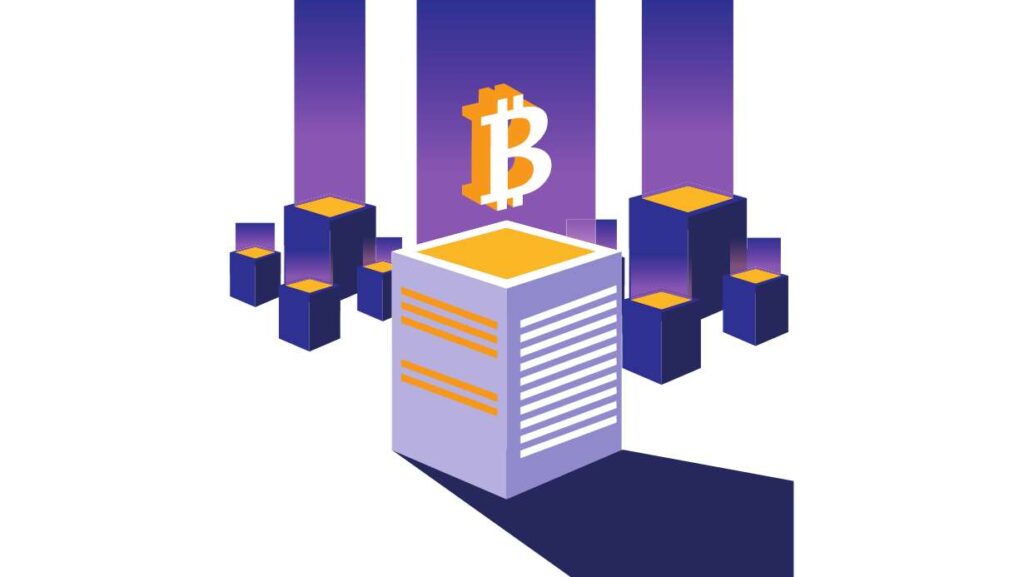
Mining Hardware and Software
Bitcoin mining has evolved significantly since its early days when miners could use regular computers. Today, miners use specialized hardware known as Application-Specific Integrated Circuits (ASICs) to mine efficiently. Mining software facilitates the connection between miners and the Bitcoin network.
Proof of Work vs. Proof of Stake
Bitcoin’s consensus mechanism, Proof of Work (PoW), requires miners to solve complex mathematical puzzles. This process consumes a considerable amount of computational power and energy. In contrast, some newer cryptocurrencies use Proof of Stake (PoS), where validators are chosen to create new blocks based on the number of coins they hold and are willing to “stake” as collateral.
The Halving and Supply Control
Bitcoin has a predetermined supply schedule built into its code. Approximately every four years, an event known as the “halving” occurs. During the halving, the reward miners receive for validating transactions is cut in half. This scarcity mechanism is designed to limit the total supply of Bitcoin to 21 million, making it a deflationary asset.
Bitcoin’s Value Proposition

- Digital Gold: A Store of Value: Bitcoin is often referred to as “digital gold” because, like gold, it is a store of value. Investors turn to Bitcoin as a hedge against inflation and economic instability. Its limited supply and decentralized nature make it a sought-after asset for preserving wealth.
- Censorship Resistance: Bitcoin transactions are censorship-resistant, meaning that no central authority can prevent individuals from sending or receiving Bitcoin. This feature is especially valuable in regions with strict capital controls or where individuals may face financial censorship.
- Financial Inclusion: Bitcoin has the potential to bring financial services to the unbanked and underbanked populations of the world. People without access to traditional banking can use Bitcoin to send and receive money, access loans, and participate in the global economy.
Bitcoin’s Price Volatility

- Market Factors Affecting Price: Bitcoin’s price is subject to a wide range of market factors, including supply and demand dynamics, macroeconomic events, regulatory developments, and investor sentiment. These factors can lead to significant price fluctuations over short periods.
- Historical Price Trends: Bitcoin’s price history has been marked by dramatic ups and downs. It experienced its first major price rally in 2013, followed by an even more significant surge in 2017 when it reached nearly $20,000 per Bitcoin. Subsequently, it went through periods of bear markets and recoveries.
- The Role of Speculation: Speculation plays a significant role in Bitcoin’s price volatility. Traders and investors often engage in speculative trading, trying to profit from short-term price movements. This speculative activity can lead to rapid price changes.
Bitcoin as an Investment

- Long-Term vs. Short-Term Investment: Investors in Bitcoin often fall into two categories: those who hold for the long term and those who engage in short-term trading. Long-term investors believe in the long-term potential of Bitcoin as a store of value, while short-term traders seek to profit from price fluctuations.
- Risk Management Strategies: As with any investment, Bitcoin carries risks. It’s important for investors to employ risk management strategies, such as setting stop-loss orders, diversifying their portfolios, and staying informed about market developments.
- Diversification in Cryptocurrency: Some investors choose to diversify their cryptocurrency holdings beyond Bitcoin. They may invest in other cryptocurrencies, often referred to as “altcoins,” in the hopes of achieving higher returns. However, diversification also comes with its own set of risks.
Bitcoin: Regulation and Legal Framework
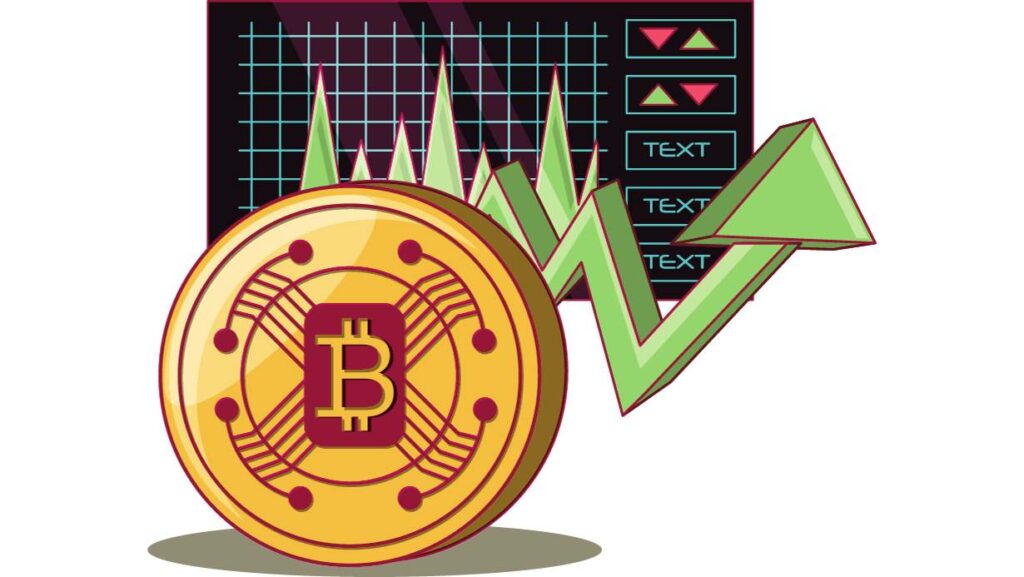
Global Regulatory Landscape
Bitcoin’s legal status varies from one country to another. Some countries have embraced it, while others have imposed strict regulations or even banned its use. Understanding the regulatory environment in your jurisdiction is essential when dealing with Bitcoin.
Government Stance on Bitcoin
Governments worldwide have different stances on Bitcoin. Some view it as a legitimate form of currency, while others consider it a commodity or an asset. Government policies can have a significant impact on Bitcoin’s adoption and use.
Taxation and Reporting
Taxation of Bitcoin transactions also varies by country. In some jurisdictions, Bitcoin transactions are subject to capital gains tax, while in others, they may be treated differently. It’s crucial for Bitcoin users to understand their tax obligations and reporting requirements.
Security Concerns and Risks of Bitcoin
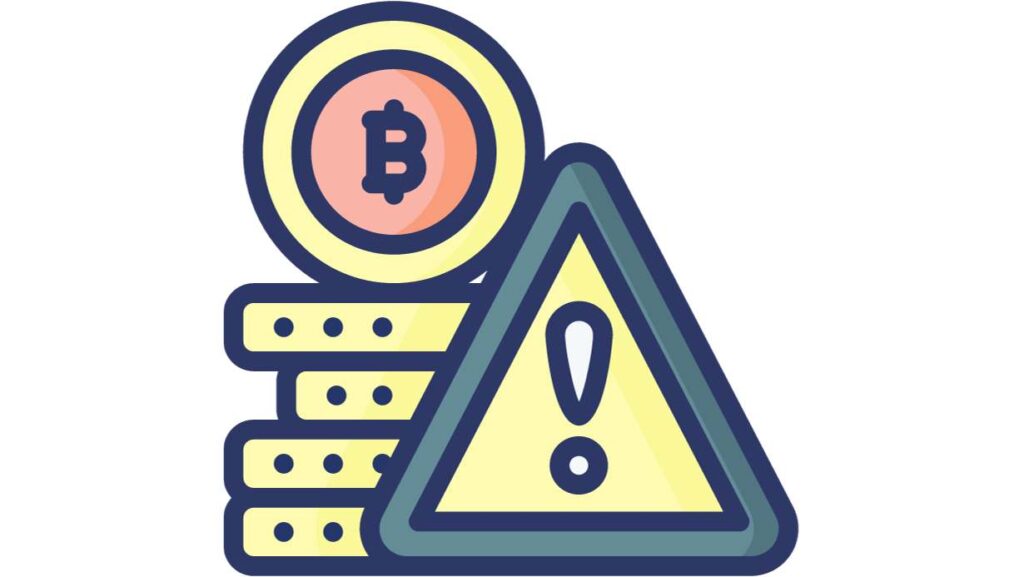
Hacks and Security Breaches
Bitcoin exchanges and wallets have been targets for hackers. High-profile hacks have resulted in the loss of significant amounts of Bitcoin. It’s essential to choose reputable exchanges and employ strong security practices to protect your holdings.
Scams and Ponzi Schemes
The decentralized and pseudonymous nature of Bitcoin has given rise to various scams and Ponzi schemes. Investors should exercise caution and skepticism when presented with investment opportunities that promise unrealistically high returns.
Protecting Your Bitcoin
Securing your Bitcoin holdings is of paramount importance. This includes using secure wallets, implementing two-factor authentication, and keeping your private keys offline. Taking these precautions can significantly reduce the risk of loss.
Alternative Cryptocurrencies
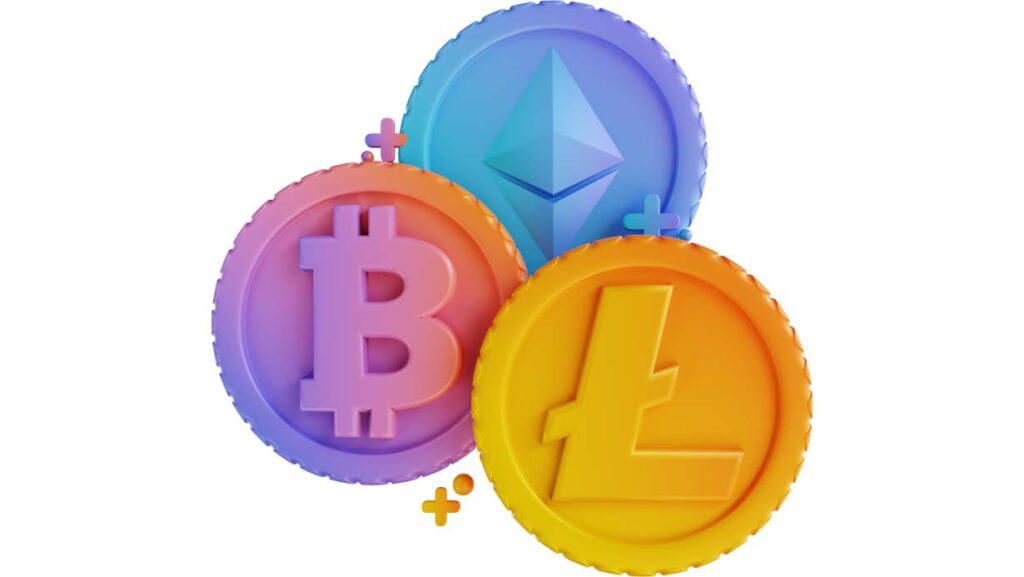
- Ethereum and Smart Contracts: Ethereum, often referred to as Bitcoin’s closest competitor, introduced the concept of smart contracts. These self-executing contracts enable a wide range of decentralized applications (DApps) and have spurred innovation in the blockchain space.
- Ripple (XRP) and Cross-Border Payments: Ripple’s XRP is designed for fast and cost-effective cross-border payments. It aims to facilitate global money transfers by financial institutions and reduce the friction associated with traditional correspondent banking.
- Litecoin and Faster Transactions: Litecoin is often considered the silver to Bitcoin’s gold. It offers faster transaction confirmation times due to its different block generation times and algorithms.
The Evolution of Bitcoin
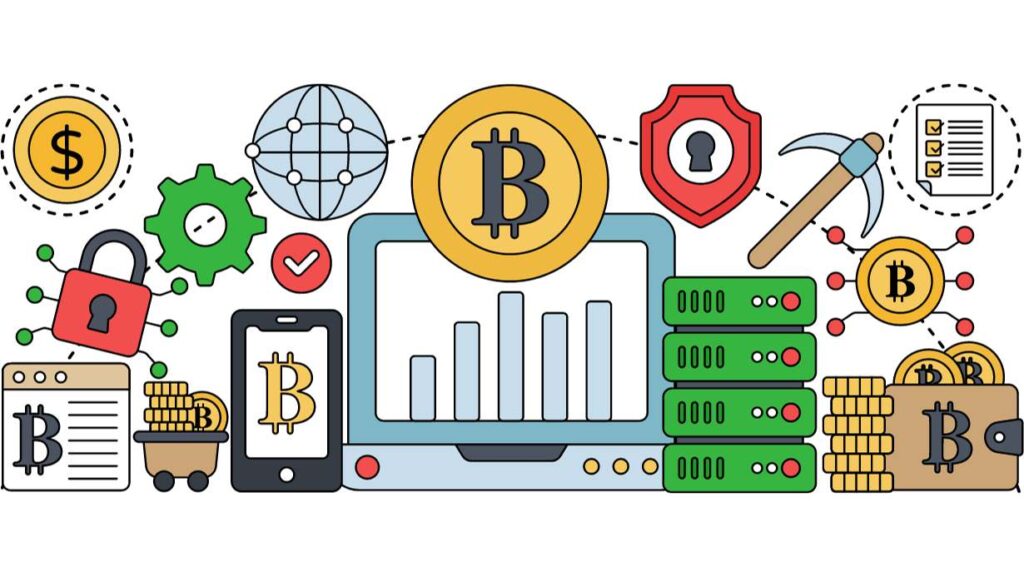
Bitcoin Improvement Proposals (BIPs)
The Bitcoin community actively participates in the improvement of the network through Bitcoin Improvement Proposals (BIPs). These proposals suggest changes or upgrades to the Bitcoin protocol and are subject to community discussion and consensus.
Lightning Network: Scalability Solution
The Lightning Network is a second-layer solution built on top of the Bitcoin blockchain. It aims to address Bitcoin’s scalability issues by enabling faster and cheaper microtransactions.
Bitcoin ETFs and Institutional Adoption
The potential approval of Bitcoin Exchange-Traded Funds (ETFs) could open up Bitcoin investment to a broader range of institutional and retail investors. Institutional adoption of Bitcoin has been growing steadily.
Real-World Applications of Bitcoin
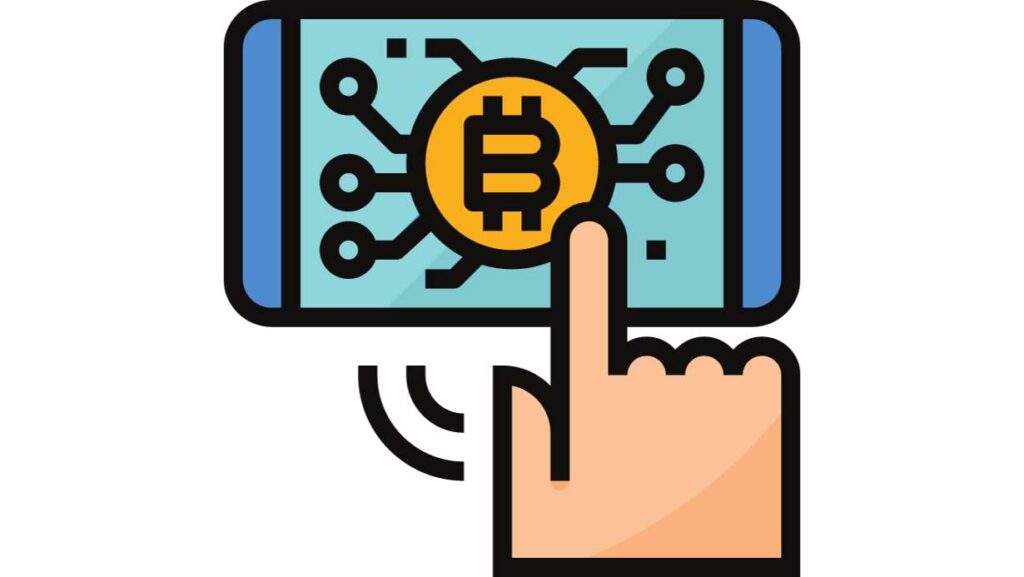
Remittances and Cross-Border Transactions
Bitcoin is increasingly used for remittances and cross-border transactions due to its speed and lower fees compared to traditional remittance services. It offers a lifeline to individuals who rely on sending money across borders to support their families.
Bitcoin ATMs
Bitcoin ATMs, or BTMs, provide a physical gateway for buying and selling Bitcoin with cash. They have become more prevalent in urban centers around the world, making Bitcoin more accessible to the general public.
Charitable Donations and NGOs
Bitcoin has found a role in charitable donations and humanitarian efforts. NGOs and charitable organizations often accept Bitcoin as a form of donation due to its ease of transfer and transparency.
Bitcoin: Challenges and Criticisms
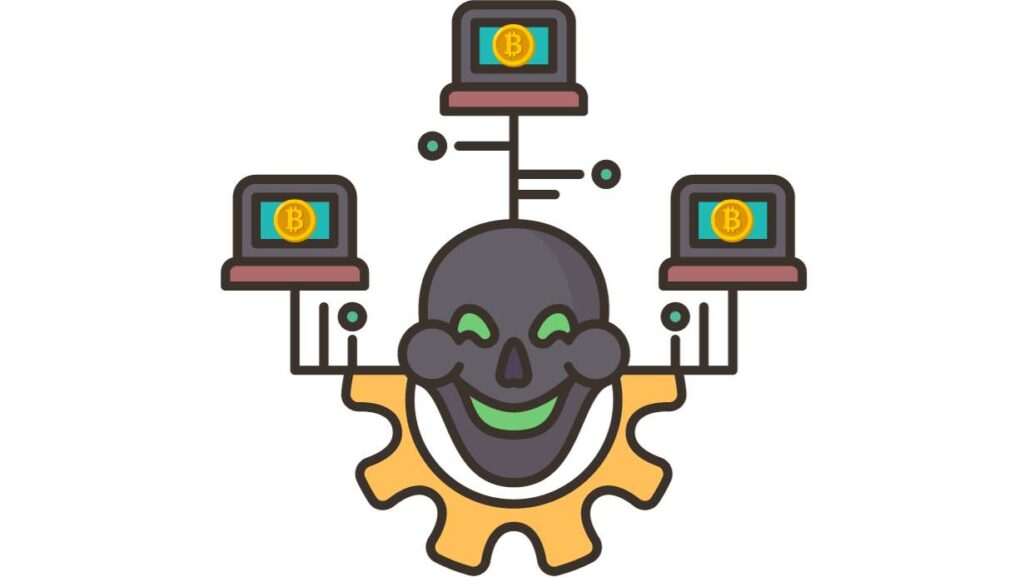
- Energy Consumption Concerns: Bitcoin mining consumes a significant amount of electricity, leading to concerns about its environmental impact. The debate over Bitcoin’s carbon footprint continues to be a topic of discussion within the community.
- Environmental Impact: The environmental concerns associated with Bitcoin mining have led some to question its sustainability. Efforts are underway to develop more energy-efficient mining methods.
- Illegal Activities and Anonymity: The pseudonymous nature of Bitcoin transactions has raised concerns about its use in illegal activities, such as money laundering and the purchase of illicit goods. However, Bitcoin’s transparency also allows for forensic analysis by law enforcement.
The Future of Bitcoin
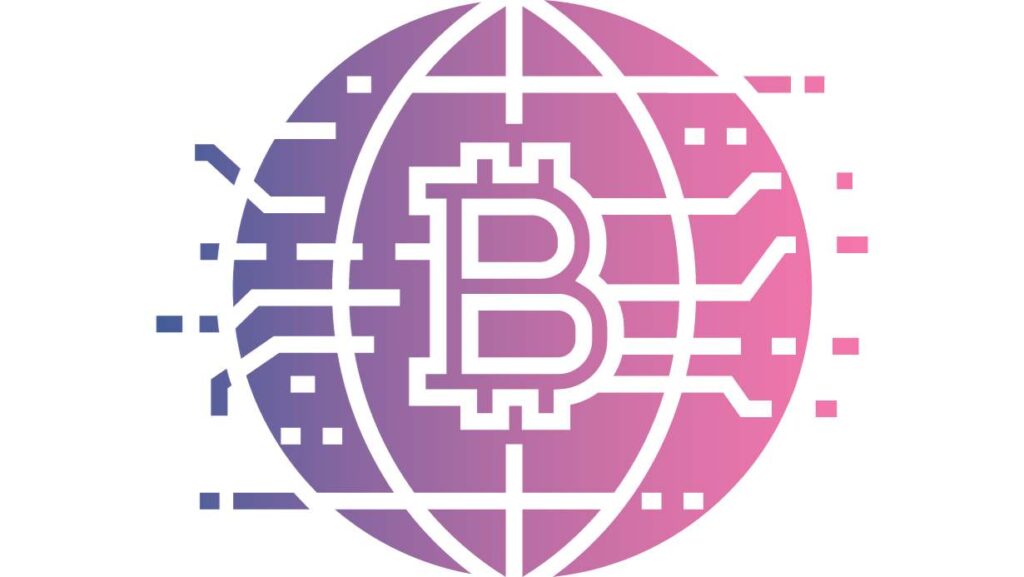
- Mass Adoption Predictions: Predictions about the future of Bitcoin range from it becoming a global reserve currency to it serving as a parallel financial system. Mass adoption could play a pivotal role in shaping Bitcoin’s future.
- Integration into Traditional Finance: Bitcoin is gradually gaining acceptance in traditional finance. Major companies, payment processors, and financial institutions are exploring ways to incorporate Bitcoin into their services.
- Technological Advancements: Ongoing technological advancements, such as the development of second-layer solutions and privacy enhancements, will play a crucial role in Bitcoin’s evolution.
How to Buy and Store Bitcoin

Cryptocurrency Exchanges
Cryptocurrency exchanges provide a platform for buying, selling, and trading Bitcoin. It’s essential to choose a reputable exchange with robust security measures.
Hardware Wallets
Hardware wallets are physical devices that store your Bitcoin offline, making them highly secure against online threats. They are a popular choice for long-term storage.
Mobile Wallets and Software Wallets
Mobile and software wallets are convenient for day-to-day transactions but may not offer the same level of security as hardware wallets. It’s crucial to strike a balance between convenience and security.
Notable Bitcoin Success Stories

- Early Adopters Turned Millionaires: Several early Bitcoin adopters have become millionaires as the cryptocurrency’s price skyrocketed over the years. These stories of incredible wealth accumulation have added to Bitcoin’s allure.
- Bitcoin Entrepreneurs: Entrepreneurs in the crypto space have built successful businesses around Bitcoin, including exchanges, wallets, and mining operations. Their innovations have contributed to the growth of the ecosystem.
- Mainstream Recognition: Bitcoin has gained recognition from mainstream financial institutions, with some including it in their investment portfolios. This validation has further legitimized Bitcoin in the eyes of investors.
Bitcoin in Popular Culture

- Movies and TV Shows: Bitcoin and cryptocurrency themes have made their way into movies and TV shows, often portraying the digital currency as a symbol of the future of finance or a tool for criminals.
- Celebrities and Influencers: Celebrities and influencers have played a role in promoting Bitcoin and other cryptocurrencies. Their endorsements and social media posts have contributed to the cryptocurrency’s popularity.
- Bitcoin Memes and Internet Culture: The cryptocurrency community has embraced Internet culture, creating memes and humorous content that often goes viral. These memes play a unique role in spreading awareness and fostering a sense of community.
Bitcoin in Developing Economies

Financial Inclusion in Africa
Bitcoin has the potential to bring financial services to millions of unbanked individuals in Africa. Mobile payment solutions powered by Bitcoin are gaining traction on the continent.
Venezuela’s Hyperinflation
In countries experiencing hyperinflation, such as Venezuela, Bitcoin has emerged as a lifeline for individuals seeking to preserve their wealth and access global markets.
Bitcoin’s Role in Economic Crises
Bitcoin has been a refuge for citizens of countries facing economic crises and currency devaluation. It offers an alternative to unstable fiat currencies.
Bitcoin: Educational Resources and Communities
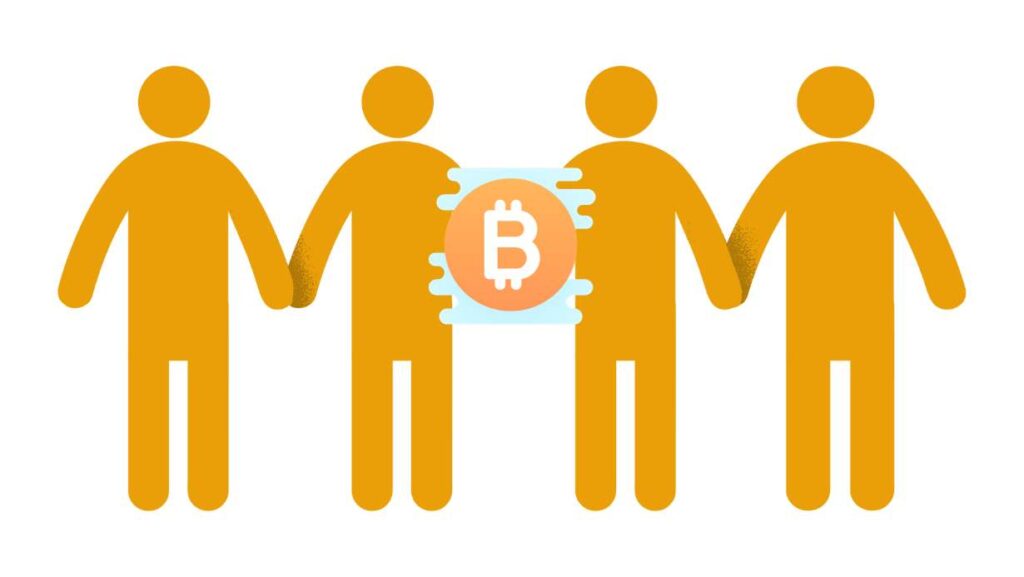
- Bitcoin Forums and Subreddits: Online communities and forums dedicated to Bitcoin provide a wealth of information, news, and discussion. Reddit’s r/Bitcoin and Bitcointalk.org are popular hubs for Bitcoin enthusiasts.
- Online Courses and Tutorials: Numerous online courses and tutorials are available for those looking to deepen their understanding of Bitcoin and blockchain technology.
- Books and Publications: A wide range of books and publications explore Bitcoin from both technical and non-technical perspectives. These resources cater to readers of all levels of expertise.
Conclusion: The Future of Finance
Bitcoin’s journey from its mysterious inception to its current status as a global financial phenomenon is nothing short of remarkable. As we look ahead, it’s clear that Bitcoin will continue to play a significant role in shaping the future of finance. Whether it becomes a widely accepted form of payment, a store of value, or both, Bitcoin’s impact is undeniable. However, as with any investment, it’s crucial to approach it with caution, conduct thorough research, and stay informed about the rapidly evolving cryptocurrency landscape.
FAQs
Is Bitcoin anonymous?
Bitcoin transactions are pseudonymous, meaning they don't directly reveal the identities of users. However, they are recorded on the blockchain, which is a public ledger.
What is the maximum supply of Bitcoin?
Bitcoin has a maximum supply of 21 million coins, making it a deflationary asset.
Can I mine Bitcoin at home?
While it's possible to mine Bitcoin at home, the process has become increasingly resource-intensive, often requiring specialized hardware and significant energy consumption.
Is Bitcoin legal worldwide?
The legal status of Bitcoin varies by country. It's essential to research and understand the regulations in your jurisdiction.










